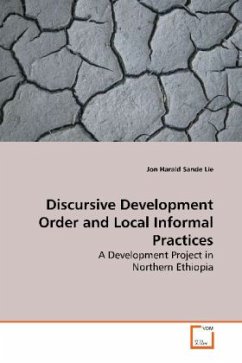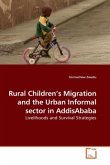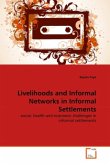To what extent does development discourses shape
development practice? Drawing on post-structural
approaches to development, this monograph provides
an ethnographic account of a development projects in
Northern Ethiopia. Grounded in empirical research,
it analyses the discrepancy between a donor''s
rhetorical claims of a participatory and bottom-up
approach and the practices of how recipients relate
to external knowledge-power formations. This study
shows how a small development project is embedded in
a global development discourse which has profound
effects of inversing attempts of a bottom-up
approach. Recipients are, however, not powerless
victims. Combining post-development theory s
discursive approach with a focus on actors everyday
practices yields a more nuanced picture of
development discourse s formative power. In the
interface between donor and recipient, actors not
only adopt but also translate, contest and
manipulate external knowledge. As such, this book is
both a substantive contribution to the ethnography
of aid as well as an important input to the
theoretical debate on the interrelationship of
discourse and agency.
development practice? Drawing on post-structural
approaches to development, this monograph provides
an ethnographic account of a development projects in
Northern Ethiopia. Grounded in empirical research,
it analyses the discrepancy between a donor''s
rhetorical claims of a participatory and bottom-up
approach and the practices of how recipients relate
to external knowledge-power formations. This study
shows how a small development project is embedded in
a global development discourse which has profound
effects of inversing attempts of a bottom-up
approach. Recipients are, however, not powerless
victims. Combining post-development theory s
discursive approach with a focus on actors everyday
practices yields a more nuanced picture of
development discourse s formative power. In the
interface between donor and recipient, actors not
only adopt but also translate, contest and
manipulate external knowledge. As such, this book is
both a substantive contribution to the ethnography
of aid as well as an important input to the
theoretical debate on the interrelationship of
discourse and agency.








